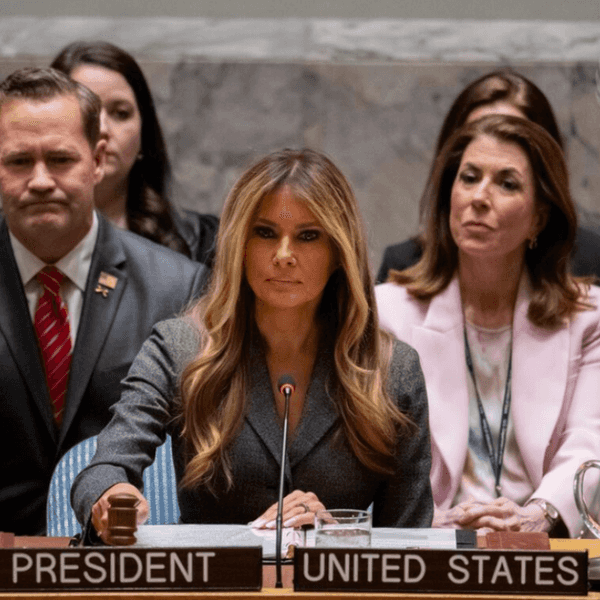
WASHINGTON (Reuters) – Long-frustrated backers of statehood for the District of Columbia are pinning their hopes on a first-ever referendum on Tuesday in a long-shot bid to become the 51st U.S. state.
Invoking the colonial-era demand of “no taxation without representation,” supporters say becoming a state would end Washingtonians’ status as second-class citizens because they lack representation in Congress.
But opponents dismiss the referendum as a “fool’s errand” destined to fail because of partisan political hurdles and the need to amend the U.S. Constitution, a procedure accomplished only 17 times since 1789.
The District of Columbia was carved out to serve as the nation’s capital, but it is not a state. Its 672,000 residents have no voting representative in the Senate or House of Representatives although they pay federal taxes, though they do have a delegate in the House.
A “yes” vote could help pressure the new Congress and president – either Democrat Hillary Clinton or Republican Donald Trump – to admit the District of Columbia as a new state, though even advocates admit that is unlikely anytime soon.
A “yes” vote would simply be an expression of public support for statehood, a non-binding measure without any legal force.
“Statehood’s the only way that we can have the same rights and responsibilities as all the other citizens of the United States,” District of Columbia Council Chairman Phil Mendelson said.
The overwhelmingly Democratic capital city was fed up with Republican lawmakers espousing the rights of states and cities to self-governance and then interfering with local issues such as abortion and marijuana legalization, Mendelson said.
“That’s so antithetical to democratic principles, but that doesn’t seem to bother some of these folks,” he said.
The referendum seeks to upend the Constitution’s provision giving Congress legislative control over the District of Columbia.
Voters will cast a single “yes” or “no” vote on the referendum’s four parts: admission as a state, its boundaries, approval of a constitution, and guarantees of a representative form of government.
The new state would embrace the current 68-square-mile (176-square-km) district except for a core of federal property around the White House, Capitol and monument-rich National Mall.
The District Council approved the referendum unanimously, and a Washington Post poll in November 2015 showed 67 percent of residents backed statehood. The Democratic Party’s national platform also supports the idea.
“If you’re not part of a state, large parts of the constitution don’t apply to you,” said statehood advocate Ann Loikow.
Mayor Muriel Bowser and other statehood backers took the vote’s design from the successful bid in the 1790s by Tennessee, then a federal territory, to become a state through a referendum and petition to Congress.
Supporters and skeptics say that even if the referendum passes it would face a dead end in Congress, where Republicans would oppose statehood since it would add Democratic senators and a representative to Congress.
Besides the political obstacles, Roger Pilon, a constitutional scholar at the libertarian Cato Institute, called the statehood quest a “fool’s errand” because of constitutional obstacles.
For the District to become a state, Congress would have to propose an amendment to the Constitution, which would then have to win a two-thirds majority vote in both the Senate and the House.
Even if an amendment could win approval in both houses of Congress, it would face another big hurdle: approval by the legislatures of at least three-fourths of the 50 states.
Washingtonians have tried to achieve statehood before, but never by an up-or-down referendum. Congress ignored a statehood petition that included a constitution voters ratified in the 1980s.
The House of Representatives rejected a statehood bill in 1993, and it failed to reach a Senate vote. A constitutional amendment for voting rights in Congress fizzled in the 1980s.
(Reporting by Ian Simpson; Editing by Daniel Trotta and Leslie Adler)
IMAGE: Work begins on building the inaugural parade stands in front of the White House in Washington, U.S. November 3, 2016. REUTERS/Kevin Lamarque








